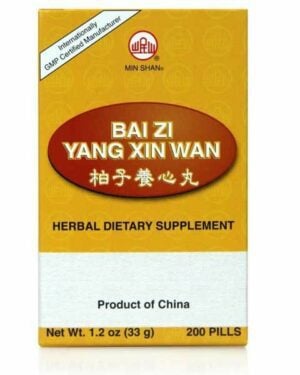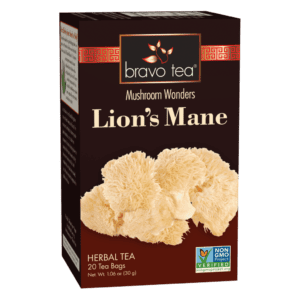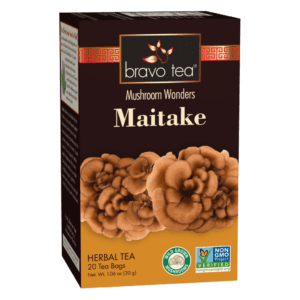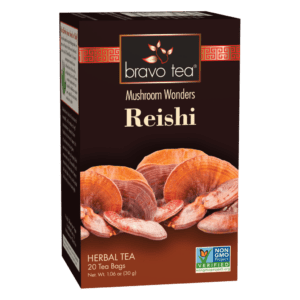Gou Qi Zi
English Name: lycium fruit
Pharmaceutical Name: Fructus Lycii
Medica Category: Yin-Tonifying Herbs
Properties: Gou Qi Zi enters the Liver, Kidney, and Lung channels; it is sweet in nature and neutral in temperature.
What is Gou Qi Zi?:
The Chinese Herb Gou Qi Zi is the mature, dried fruit of a woody shrub native to a wide region across Asia and Europe commonly known as Chinese boxthorn or Chinese wolfberry (Lycium barbarum L.). The berries from this plant, commonly known around the world as Goji berries, have been cultivated in China since the 1500’s, mainly in the Northwest of the country (Ningxia Hui Autonomous Region, Inner Mongolia Autonomous Region, and Gansu province). Superior quality berries are chosen for use as medicine—large, pulpy, fresh, and fragrant. They are picked when ripe in the late summer and autumn and sun-dried for use as medicine.
Traditional Chinese Medicine (TCM) Therapeutic Actions of Gou Qi Zi:
Gou Qi Zi tonifies Liver and Kidney yin and brightens the eyes, making it the herb of choice for addressing visual disorders arising from such deficiencies (e.g. blurred vision and superficial visual obstructions)– as in the formula Qi Ju Di Huang Wan (Chrysanthemum and Rehmannia Pill).
This herb is a mild yin tonic that does not create stagnation and is therefore a good choice for deficient persons who need a yin tonic for consistent, long-term use. It also supplements essence, which makes is applicable to address clinical presentations such as: soreness of the lower back and knees, xiao ke (wasting and thirsting) syndrome, prematurely grey hair, spermatorrhea, nocturnal emissions, and infertility. See the formulas Zuo Gui Wan (Restore the Left Teapill) and You Gui Wan (Restore the Right Teapill) to learn more about this aspect of Gou Qi Zi and how it supplements heathy patterns.
Gou Qi Zi also travels to the Lung channel and nourishes Lung yin to address dry cough with no sputum or scanty sputum that is difficult to expectorate and possibly streaked with blood.
–safety/clinical notes:
Use with caution in persons with diarrhea from Spleen deficiency.
Contraindicated for use in persons with excess or exterior conditions.
Use with caution during pregnancy as Gou Qi Zi can stimulate contractions of the uterus.
— additional notes:
Gou Qi Ye is the dried leaves of this plant that are sometimes uses as an ingredient in medicinal teas. Bitter and sweet in nature and cool in temperature, it enters the Spleen and Kidney meridians to clear heat, relieve thrist, dispel wind and improve eyesight, tonify deficiency, and replenish essence.
Products Containing Tag: Gou Qi Zi – Lycium Fruit – Fructus Lycii
-
Min Shan – Bai Zi Yang Xin Wan
Add to Cart$13.63
$17.80 -
Lion’s Mane Mushroom Tea – by Bravo Tea
Add to CartStarting at $7.99
-
Maitake Mushroom Tea – by Bravo Tea
Add to CartStarting at $7.99
-
Reishi Mushroom Tea – by Bravo Tea
Add to CartStarting at $7.99







